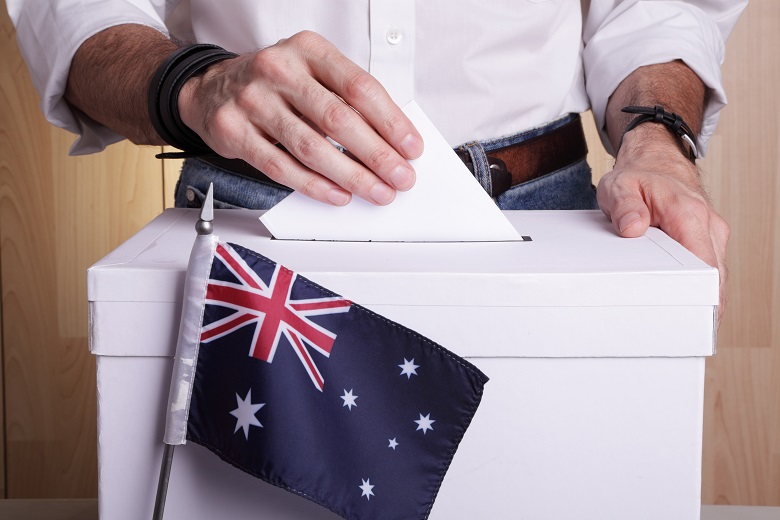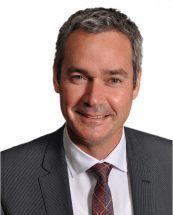
The peak national body for local government is rallying councils around the country to get involved in the campaign for increased Financial Assistance Grants ahead of the federal election.
ALGA has produced campaign materials including letters, emails, press releases, posters and fliers for the nation’s 537 councils to use as part of the Fairer Share campaign.

The central plank of the campaign is to restore Financial Assistance Grants (FAGs) back to at least one per cent of commonwealth tax revenue – what they were in 1996.
The are currently at 0.55 per cent of total Commonwealth revenue.
FAGs are allocated on an annual basis by the federal government with grants commissions in each state responsible for allocating their share of the funds.
The decision to freeze indexation of FAGs in the May 2014 Budget has cost local government more than $900 million so far, ALGA says.
“(It) has contributed to the ongoing decline in this vital revenue source, a decline which must be addressed, but more than that, we need to address the fact that we did not have enough support in the Party room in Canberra when that decision was made,” ALGA president David O’Loughlin writes in the latest ALGA newsletter.
The Fairer Share campaign won’t end with the election, and stage two will be recalibrated when it becomes clear who the new government is.
“I challenge every council and councillor to make the most of our material and make your voice heard with your local candidates. Insert your own project names, road names, photographs and people. Tune it to exactly reflect your local needs, whilst tying it to the national campaign for maximum impact,” Mr O’Loughlin exhorts.
ALGA is also advocating for a four-year climate change partnership fund to help communities plan for climate change and investment in infrastructure for the transition to electric vehicles, saying the burden shouldn’t fall on local government.
ALGA’s 12 Federal Election Initiatives contain what the peak says are proactive policy initiatives to provide solutions to challenges facing local communities.
The initiatives could add $8.97 to Australia’s GDP and create more than 24,000 jobs, ALGA says.
ALGA’s election wish list
- Restore federal funding to at least 1 per cent
- $200 million to boost productivity of freight routes
- $800 million increase for R2R funding and permanent Bridges Renewal Program
- $100 million for place-based preventative health and activity program
- $5.5 billion for Indigenous communities
- $100 million for Smart Communities Program and $100 million for digital local government/regional telecommunications program
- $300 million for community infrastructure
- $200 million for disaster mitigation
- $200 million climate change partnership fund
Report card: ‘could try harder’
Meanwhile LGAQ has given both major and minor parties no better than a C-minus in a “report card” on their commitment to local community priorities.

The LNP got a C-minus and Labor was awarded a D on a range of policy areas affecting local infrastructure, disaster mitigation, waste and smart communities.
The report card, the first of three to be issued through the campaign, rates political parties on how well they have come up against LGAQ’s seven-point election policy plan.
LGAQ chief executive Greg Hallam said the report card marked the parties hard but fairly given the lack of attention they have given to community priorities so far in the campaign.
“We make no apologies for being tough on them. They will get a better mark if they directly address what matters to these communities,” he said.
“We are the level of government closest to the community, so how councils rate the policy performance of the parties contesting the poll is a good reflection of what matters to local communities.”
LGNSW has urged all NSW councils to get behind the ALGA campaign and endorse its 12 election asks.
Comment below to have your say on this story.
If you have a news story or tip-off, get in touch at editorial@governmentnews.com.au.
Sign up to the Government News newsletter.
Most read
Scathing report finds little has changed at PwC
Qld council welcomes progress on massive battery system
‘Local’ procurement turns out not to be so local, committee hears
Another report finds local government falling down on cyber security
MoG changes see regions, investment return to NSW Premier’s Department